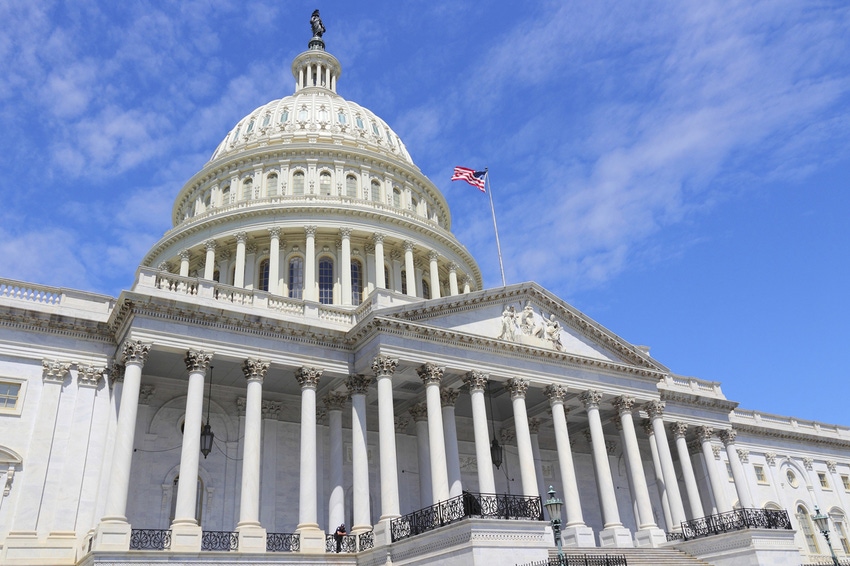WHOLE Act would amend ESA to ensure that all conservation measures are considered when federal decisions affecting ESA-listed species are being made.
January 14, 2020

Rep. Dan Newhouse (R., Wash.) introduced H.R. 5588, the Weigh Habitats Offsetting Locational Effects Act of 2020 (WHOLE Act), as part of an ongoing legislative effort to strengthen and modernize the Endangered Species Act (ESA).
Under current law, only conservation efforts taking place within the critical habitats of endangered or threatened species are considered during environmental review or impact studies of federal actions. The WHOLE Act would amend the ESA to ensure that all conservation measures are considered when federal decisions that affect ESA-listed species are being made.
“As we know all too well in central Washington, Endangered Species Act listing and delisting decisions have huge, lasting impacts on local communities and environments,” Newhouse said. “By establishing a process that considers the totality of conservation efforts, we incentivize private investment in species recovery, streamline federal decision-making and promote the comprehensive efforts of states, local communities and tribes across the West.”
The WHOLE Act is one piece of a larger ESA reform package spearheaded by the Congressional Western Caucus comprised of 18 bills introduced by members from across the rural West and beyond. With a 3% recovery rate over 46 years, the bipartisan Congressional Western Caucus stated that the ESA needs to be updated to better protect species and to treat property owners, states and local stakeholders as partners rather than obstacles.
"ESA listings, delistings and critical habitat decisions impact our animals, our plants, our economy, our public health, our safety and our property rights," the caucus stated on its website. "Defined recovery goals must be established to ensure species are removed from the list when desired population levels are met. Strengthening the act should also include requiring actual science that is standardized, transparent and publicly available in order to make better policy decisions. Another key to improving recovery rates for plants and animals is empowering states and affected stakeholders to be part of the solution. The ESA can be modernized to more successfully assist species that are truly in danger."
The full list of original co-sponsors includes: Reps. Greg Gianforte (R., Mont.), Paul Gosar (R., Ariz.), Tom McClintock (R., Cal.), Rick Crawford (R., Ark.), Doug LaMalfa (R., Cal.), Liz Cheney (R., Wyo.), Ralph Norman (R., S.C.) and Jason Smith (R., Mo.).
The following organizations have endorsed the package: National Endangered Species Act Reform Coalition, U.S. Chamber of Commerce, National Home Builders, National Rural Electrical Cooperative Assn., Western Energy Alliance, National Association of Counties, Family Farm Alliance, American Agri-Women, American General Contractors Assn., National Cotton Council, National Mining Assn. and Independent Petroleum Association of America.
You May Also Like



